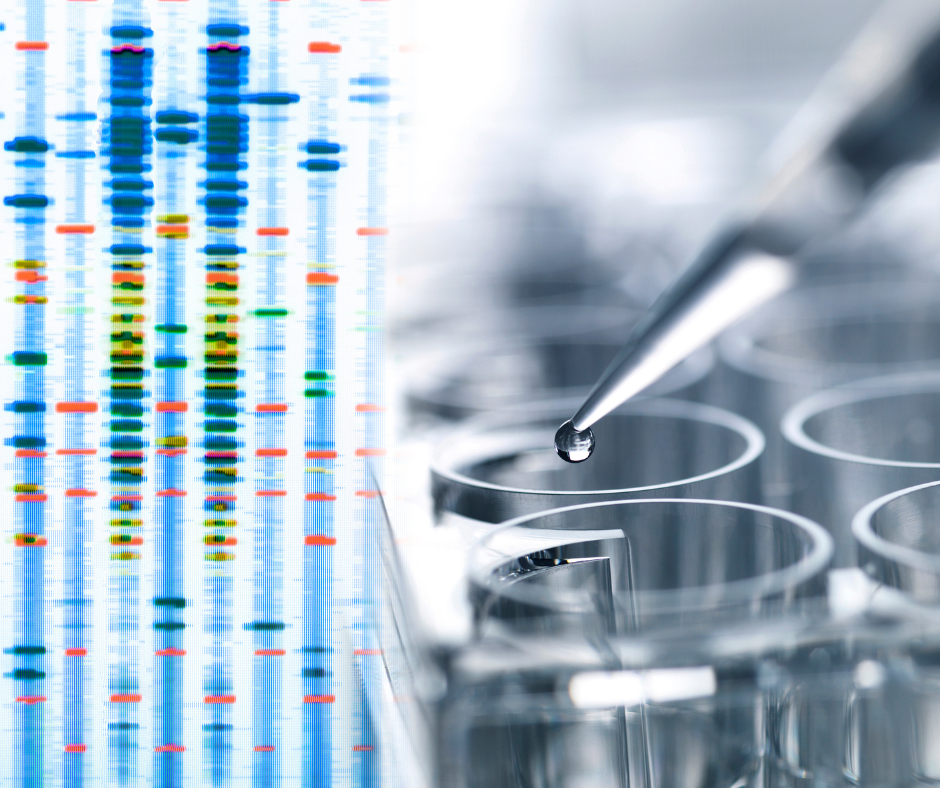Focus on Majors: Considering a Major in Genetics
Fascinated by heredity and the mysteries of DNA? A major in genetics might be the perfect fit. Genetics is the study of inheritance and variation in all living organisms—from humans to plants and even viruses. It blends biology, chemistry, and computer science and is central to understanding everything from disease prevention to agricultural innovation.
Genetics majors begin with a strong foundation in math and science. Most programs require coursework in biology, chemistry, biochemistry, calculus, and statistics. High school students interested in this path should take four years of math and science, especially biology, chemistry, physics, and calculus, to prepare for college-level rigor.
Because genetics is highly research-oriented, students spend significant time in labs designing experiments, analyzing data, and communicating results. Upper-level courses might include molecular genetics, genomics and bioinformatics, human genetics, and evolutionary biology. These studies build both scientific knowledge and problem-solving skills that are valuable across many careers.
While genetics is an excellent foundation for medical or graduate school, it also opens doors to a variety of careers right after college. Graduates may become laboratory technicians, science writers, or representatives for biotechnology companies. The fast-growing biotech industry offers roles that combine research, technology, and business, while data analysis and lab management positions suit students who enjoy leadership and hands-on work.
Genetics plays a vital role in both healthcare and agriculture. In medicine, genetic testing helps identify disease risks and tailor treatments to a patient’s DNA, a step toward personalized medicine. In agriculture, genetics improves crop yields and develops disease-resistant plants, addressing food-security challenges. These real-world applications make genetics one of the most dynamic and relevant fields in science today. When exploring potential colleges, go beyond the course catalog.
Research opportunities: Look for schools with active undergraduate research programs. Check department websites to see what projects are offered during the school year or summer, and whether students can join faculty-led work early on or take courses with research components.
Internship connections: Choose programs with ties to nearby hospitals, biotech companies, or research centers. These connections make it easier to find meaningful internships. For instance, Cornell University offers students access to industry-linked labs.
Resources and labs: Explore how many labs a campus has and whether it’s received recent funding for new facilities. Department newsletters often highlight student research, new technology, and faculty achievements.
Concentration options: If you already know your focus—bioinformatics, paleogenetics, or epigenetics—look for schools that match your interests. Smaller colleges may also offer strong mentorship and better lab access than large universities.
Genetics isn’t limited to the lab. Consider programs that offer fieldwork, museum partnerships, or study abroad options focused on ecology or global health. Hands-on learning beyond the classroom deepens understanding and expands opportunity.
Strong programs include Rutgers University, UC Davis, and the University of Wisconsin–Madison, known for their robust research and lab opportunities. Arizona State offers a concentration in genetics, cell, and developmental biology within its biological sciences major, while the University of Michigan and UC San Diego feature genetics specializations within molecular biology programs. Students drawn to agricultural genetics might thrive at a research powerhouse like Texas A&M.
Genetics is a field that rewards curiosity and persistence, perfect for students eager to uncover how life’s blueprint shapes our world.
Career Paths for Genetics Majors
· Genetic Technologist / Laboratory Technician
· Research Associate in Biotech
· Pharmaceutical Sales Representative
· Clinical Research Coordinator
· Genetic Counselor Assistant
· Public Health Specialist
· Forensic Scientist
· Plant Geneticist or Breeder
· Animal Breeding / Veterinary Genetics Assistant
· Conservation Biologist Data and Computational Analyst
· Bioinformatics Technician / Data Analyst
· Biostatistician (entry-level)
· Science Writer / Communicator
· Policy Analyst or Regulatory Affairs Assistant

